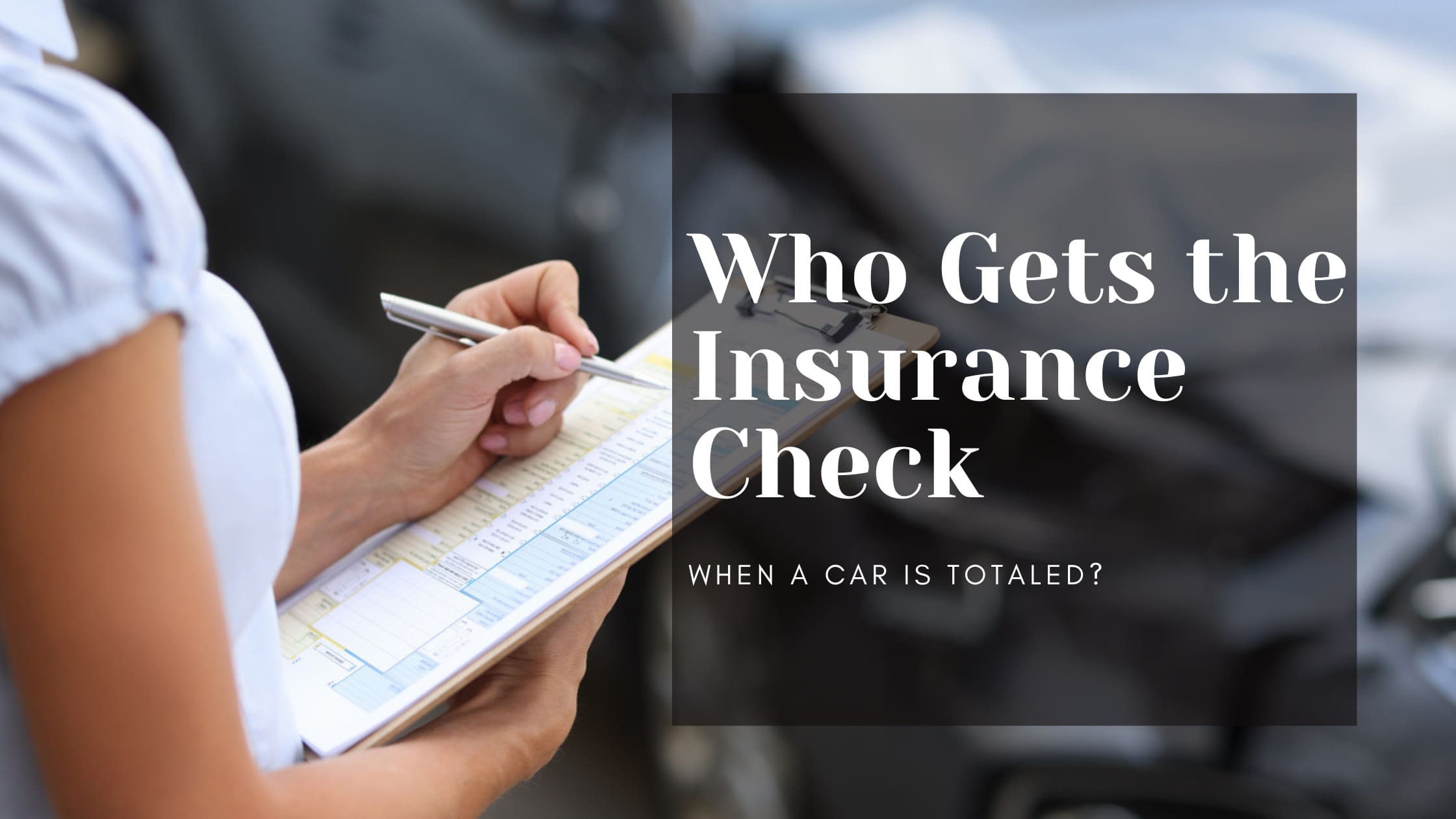
When a car is involved in a severe accident or sustains damage beyond repair, insurance companies often declare it “totaled.” This term signifies that the vehicle’s repair cost exceeds its actual cash value (ACV) or a predetermined threshold set by the insurer. However, determining who receives the insurance payout can vary depending on several factors. Let’s explore the nuances of this situation and understand the key considerations involved.
Understanding Total Loss and Insurance Coverage
Definition of a Totaled Car
When a car’s repair cost exceeds a certain percentage (often around 75-80%) of its market value at the time of the accident, insurers mark it as totaled. This threshold varies by insurer and jurisdiction but serves as a benchmark for determining whether the vehicle is economically viable for repair.
Types of Insurance Coverage
The outcome of who receives the insurance check depends on the type of insurance coverage the vehicle owner has:
● Comprehensive or Collision Coverage: If the vehicle owner has comprehensive or collision coverage, their insurance policy will likely cover the cost of repairs or provide compensation up to the car’s ACV if it’s totaled.
● Liability Only Coverage: In cases where the owner has only liability coverage, which covers damages to other vehicles in accidents they cause, there may not be coverage for the car itself. In such instances, the owner might need to bear the out-of-pocket cost of repairs or replacement.
Determining the Insurance Payout
Calculation of Actual Cash Value (ACV) When a car is totaled, the insurance company calculates its ACV based on several factors:
● Market Value: The fair market value of the car before the accident, considering factors like age, mileage, condition, and local market trends.
● Pre-accident Condition: Any recent upgrades or modifications might affect the car’s value.
● Deductibles: The amount the policyholder agreed to pay out-of-pocket before the insurance coverage kicks in.
Who Gets the Insurance Check?
Ownership of the Vehicle The recipient of the insurance payout depends on who owns the car:
● Owned Outright: If the registered owner owns the car outright (i.e., with no outstanding loans or leases), they will typically receive the insurance check.
● Financed or Leased: If the car is financed or leased, the insurance check may be issued jointly to the vehicle owner and the lender or leasing company. This ensures that the financial interests of all parties involved are protected.
Settlement Process
Negotiation and Settlement Once the insurance company determines the ACV and issues the insurance check, the vehicle owner (or owners and their lienholders) must decide how to handle the settlement:
● Payoff: If there is a loan or lease on the car, the insurance check may be used to pay off the remaining balance to the lender or leasing company.
● Repairs or Replacement: If the car is owned outright, the owner can use the insurance proceeds for repairs or put toward the purchase of a replacement vehicle.
Conclusion
Navigating the aftermath of a totaled car can be complex, especially when dealing with insurance claims and payouts. Understanding who receives the insurance check ensures a smooth settlement process. Whether you own the vehicle outright or have a financial interest through financing or leasing, knowing your rights and obligations under your insurance policy is essential. By staying informed and working closely with your insurance provider, you can effectively manage the financial implications of a totaled vehicle and make informed decisions regarding repairs or replacement.




